Déjà vu is the feeling that an event happening before you seems to have happened in the past, related to the process of information processing and memory in the brain.
According to Sanam Hafeez, a clinical psychologist and neurologist at the Comprehensive Psychological Counseling Organization, this is a phenomenon where a person feels a sense of familiarity when in a new, unprecedented situation. Many people experience this multiple times, but the moment is too brief to be fully perceived.
Déjà vu is a fleeting and common experience that affects people of all ages but is not considered a pathology. Approximately 60% to 70% of healthy individuals experience some form of déjà vu in their lifetime. WebMD points out that familiar sights and sounds can trigger this feeling.
"You can walk into a completely unfamiliar room or building and still have a feeling of knowing it," Hafeez explains.
According to Health, déjà vu is more likely to occur in people aged 15 to 25. Those with higher levels of education, who travel frequently, and who often recall dreams also have a higher rate of experiencing déjà vu.
According to Dr. Hafeez, the exact cause of déjà vu remains a mystery to scientists , but experts have put forward several hypotheses to explain this phenomenon.
Some people believe it's related to memory processing. The brain experiences delays or errors when retrieving memories. Another hypothesis suggests it could be the result of processing multiple pieces of information through multiple pathways simultaneously.
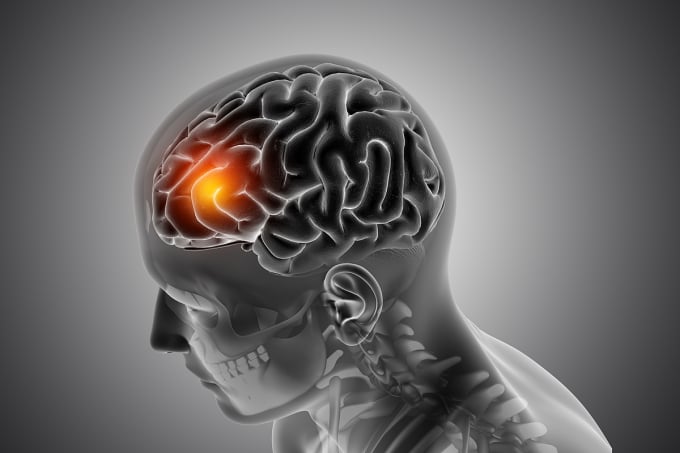
The phenomenon of déjà vu is related to the process of information processing in the brain. Image : Freepik
Déjà vu is generally not considered a medical condition, but certain neurological disorders can cause déjà vu to occur more frequently.
These diseases include:
Epilepsy: Déjà vu is sometimes reported as a transient symptom of epilepsy. This may be a sign that a seizure is about to occur.
Migraine headaches: Some people who experience migraines may have a feeling similar to déjà vu before the headache begins.
Temporal lobe epilepsy: This type of epilepsy occurs when there is an abnormality in the temporal lobe of the brain. Patients may experience frequent and severe déjà vu.
Schizophrenia: Déjà vu is sometimes considered a symptom of schizophrenia. However, it is only one of many manifestations of this mental disorder.
Anxiety or stress: Frequent anxiety and stress can lead to distortions in perception, feelings of unreality, similar to déjà vu.
Thuc Linh (According to NY Post )
Source link








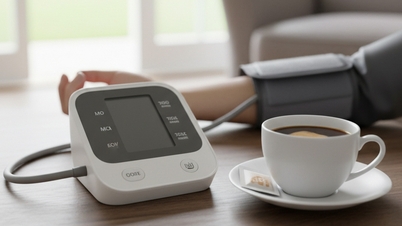

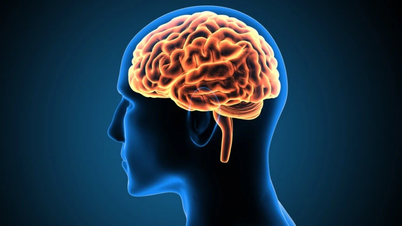

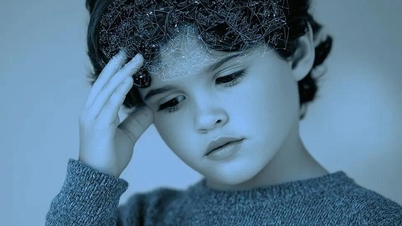








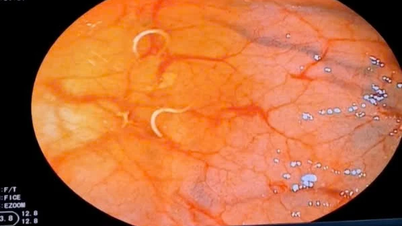


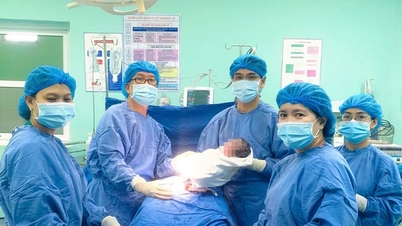











![[Image] Close-up of the newly discovered "sacred road" at My Son Sanctuary](/_next/image?url=https%3A%2F%2Fvphoto.vietnam.vn%2Fthumb%2F1200x675%2Fvietnam%2Fresource%2FIMAGE%2F2025%2F12%2F13%2F1765587881240_ndo_br_ms5-jpg.webp&w=3840&q=75)




























































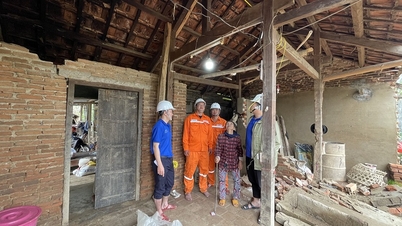


















Comment (0)